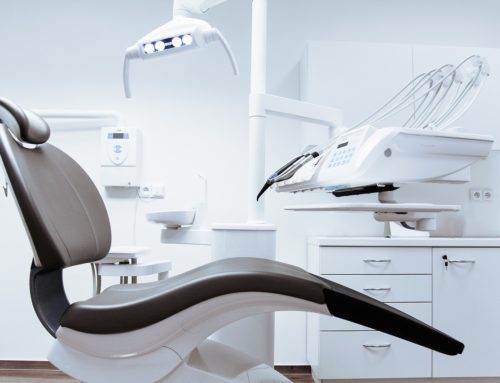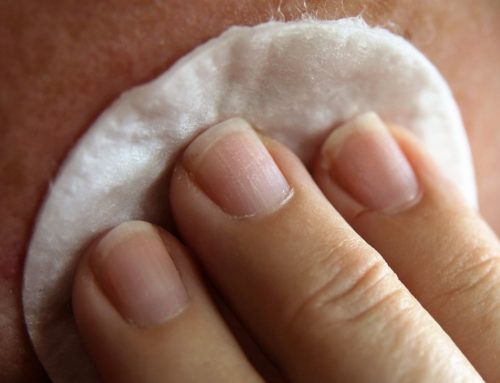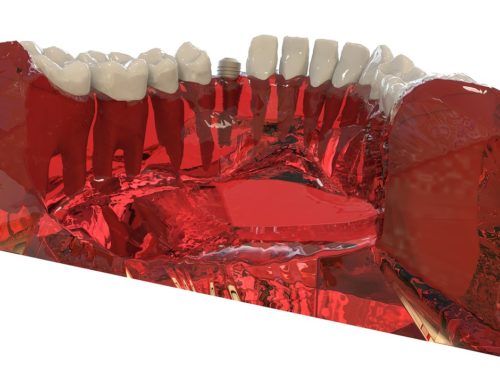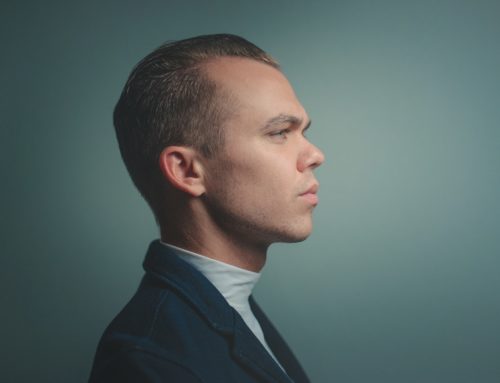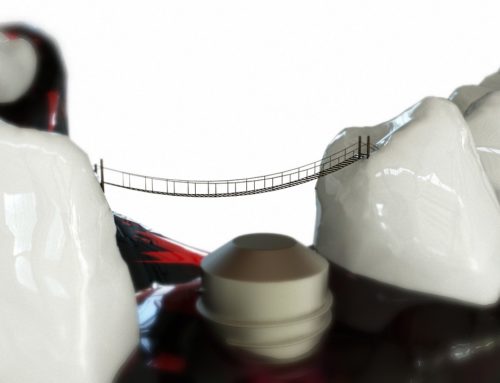It is important to know what to expect following a hair transplant, which can help you evaluate whether to move ahead with the procedure, including what you should and should not see and do afterwards.
Aftercare and Infections
As you might already expect, the most important steps are careful post-procedure care. A hair transplant is surgery, which means it is critical to take the right steps to care for the surgical area, especially keeping it sterile. This area will be prone to infection, so it is essential that contact is minimized and only made by clean or gloved hands. An antibiotic regimen will also help guard against infection.
Report any unusual developments, such as severe bleeding, increased pain, fever, or foul smell. Any such development can be the sign of infection.
You may want to remember that as new hairs come in, some follicles may develop an inflammation or infection, caused by folliculitis. This is a fungus or bacteria on new hair follicles which affect some hair transplant patients. While these often subside on their own, you should still consult your medical professional to check that they are healing properly.
Expect Some Swelling
While swelling is often associated with negative developments, in the case of hair transplant surgery, swelling is a typical reaction. For the first few days after surgery, there will local and usually painless swelling around your forehead.
To help reduce the swelling, you can elevate your head. Avoid drugs which were not prescribed by your surgeon.
Hair Expectations
Keep in mind that, following a hair transplant, your hair condition may temporarily worsen. Surgery is a serious procedure, and the stress to your scalp can cause additional hair loss. However, this is a short-term effect. As your scalp recovers and new hair follicles adapt, you can expect new hair to grow in.
Also keep in mind that all grafts do not grow at the same rate. Everyone heals differently and everyone’s hair grows at different rates. You may hear that patients will have visible growth in six months and double those results in 12 months. But past measures and expectations are relative because your grafts may grow faster or slower.
Continuing Hair Medications
After surgery, you will want to continue taking any hair loss medications that you have been taking. While unnecessary for the success of the surgery, these medications may help prevent further natural hair loss. But make sure that you consult with your hair transplant surgeon first.
Don’t Stop Other Treatments
Hair transplant surgery should not be the end of your efforts. To support the best possible outcomes in both the short and long-term, you should continue with complementary treatments. But again, be sure to consult with your hair transplant surgeon.
If you have any further questions about hair transplant surgery and recovery, please make an appointment with your Philadelphia-area hair replacement expert.
Take the Next Step
Want to learn if a Hair Transplant is right for you? Schedule a consultation at Dr. Farole’s Facial Cosmetic Surgery Center in Bala Cynwyd, PA by giving us a call at (610) 668-3300 today.
Source
Sydney Hair Transplant


